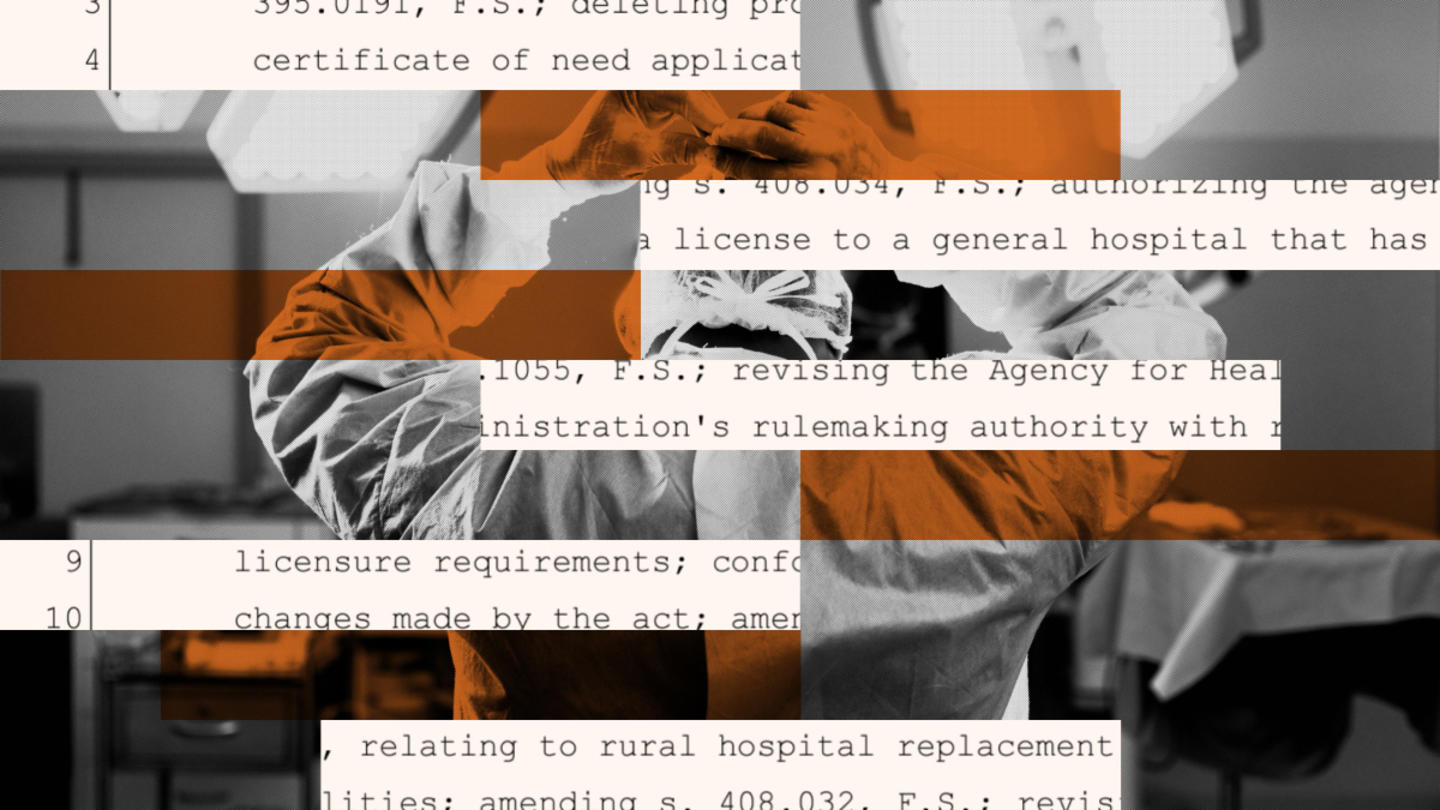Health Care

Decades of one-size-fits-all solutions have made health care cost too much and deliver too little. Making health care work for all starts with putting people in control with more personalization and choice.
People who are closest to a problem are often best able to solve it. When it comes to health care, that means empowering patients to make choices that are right for them and empowering health care professionals they trust to provide high-quality care at prices people can afford.
Unfortunately, America’s health care system makes that impossible. Public policies have shifted control over health care spending to third-party payers (government, insurance companies, employers). The result has been to remove incentives for lowering costs and has failed to provide meaningful choices that help patients achieve high-quality outcomes. Meanwhile, health care providers and entrepreneurs have been hindered by red tape that limits life-enhancing innovations.
The Stand Together community supports health care professionals, researchers, and policymakers who are changing the way our country thinks about, talks about, and tackles health care. That includes embracing innovation, entrusting patients with more control over their health care decisions, opening markets that maximize value for consumers, and providing a safety net that supports families through hard times while empowering them with more agency over their lives.
The Stand Together community partners with doctors, nurses, researchers, and policymakers who are making health care work for all.
Policy reforms enacted across 26 states that empower patients and doctors with more choices and liberate health care providers from red tape.
New academic and policy scholars supported in 2023 at leading institutions such as Johns Hopkins and University of Chicago.
People now have more access to mental health care through local nonprofit and private-sector options.
Get inspiring stories, ideas, and advice from changemakers who are tackling America’s biggest problems in health care.

What if the key to improving Gen Z’s mental health lies in leveraging AI?

Mental health care is too narrow, possibly worsening the crisis. These changemakers have a plan.

Peer support may be the key to transforming mental health care. So far, it’s working for millions.

States with CON laws have higher prices, fewer medical facilities, and inferior patient outcomes.
